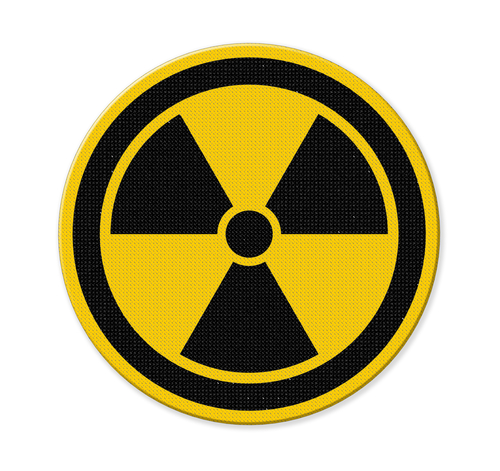Headline
Nuclear powers vow not to use nuclear weapons against Central Asian nations that banned nukes
The world’s five nuclear powers pledged Tuesday not to use or threaten to use nuclear weapons against five Central Asian nations that have banned nuclear weapons.
The United States, Russia, China, Britain and France signed a protocol to the Treaty on a Nuclear-Weapons-Free Zone in Central Asia at a U.N. ceremony. It assures the five countries that nuclear weapons won’t be used against them.
The five countries – Kazakhstan, Kyrgyzstan, Tajikistan, Turkmenistan and Uzbekistan – expressed hope that the protocol will be ratified by the five nuclear-weapon states so it can take effect before next year’s review of the 1970 Nuclear Nonproliferation Treaty aimed at stopping the spread of nuclear arms.
Kazakhstan’s U.N. Ambassador Kairat Abdraknmanov, speaking on behalf of the five countries, called the signing “a historic event” that will provide Central Asian states “security assurances against the use, or the threat of use, of nuclear weapons.”
He said the treaty establishing the nuclear-weapons-free-zone, which came into force in 2009, was the result of the five nations’ efforts “to provide security, stability and peace in the region with a view to create the necessary conditions for the development and prosperity of their peoples.”
Thomas Countryman, the U.S. assistant secretary of state for international security and nonproliferation, said Tuesday’s signing was a “significant step to advance nuclear nonproliferation and disarmament.”
He said the signing by the five nuclear powers signified their support for the Nuclear Nonproliferation Treaty and their readiness to offer “firm assurances” against the threat or use of nuclear weapons to states that are part of nuclear-weapons-free-zones.
Russia’s U.N. Ambassador Vitaly Churkin called the signing “a huge step towards finalizing the international legal status of the zone” in Central Asia.
“It is remarkable that the protocol to the treaty has been signed today by all nuclear-weapon states simultaneously,” Churkin said. “This is the first such example in the world.”
He said “it is no less remarkable” that the signing is taking place during the final preparatory conference for the 2015 review of the NPT treaty which emphasizes again “the importance of the contribution made by the Central Asia countries and the nuclear-weapon states to the strengthening of the NPT regime.”
There are four other treaties on nuclear-weapons-free zones – in Latin America and the Caribbean, the South Pacific, Southeast Asia and Africa. In addition, Mongolia’s self-declared nuclear-free status has been recognized internationally through a General Assembly resolution.
The last NPT review conference in 2010 called for an international conference to promote a zone free of all weapons of mass destruction in the Middle East. It was scheduled to take place in Finland in late 2012, but the United States said it would be delayed, apparently to save Israel embarrassment for refusing to attend, and no new date has been set.
Russia’s U.N. Ambassador Vitaly Churkin and China’s U.N. Ambassador Li Baodong expressed hope that Tuesday’s signing will spur efforts to hold a Mideast conference soon.






















